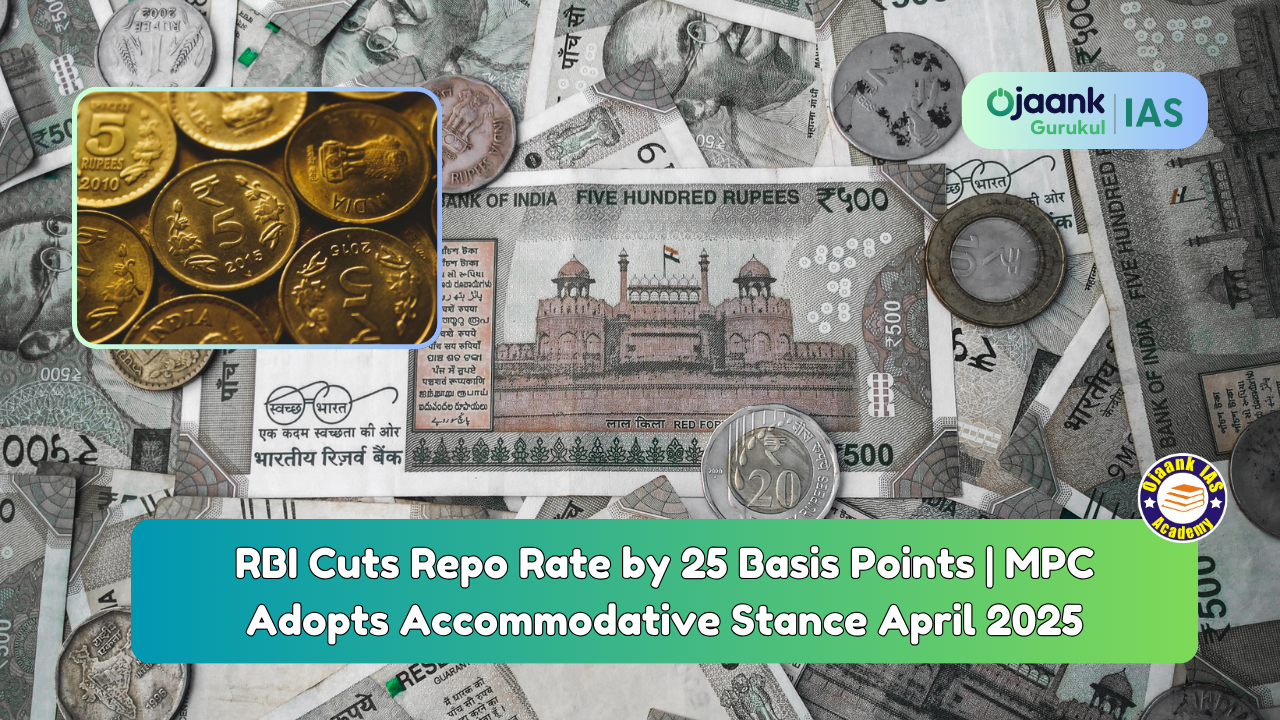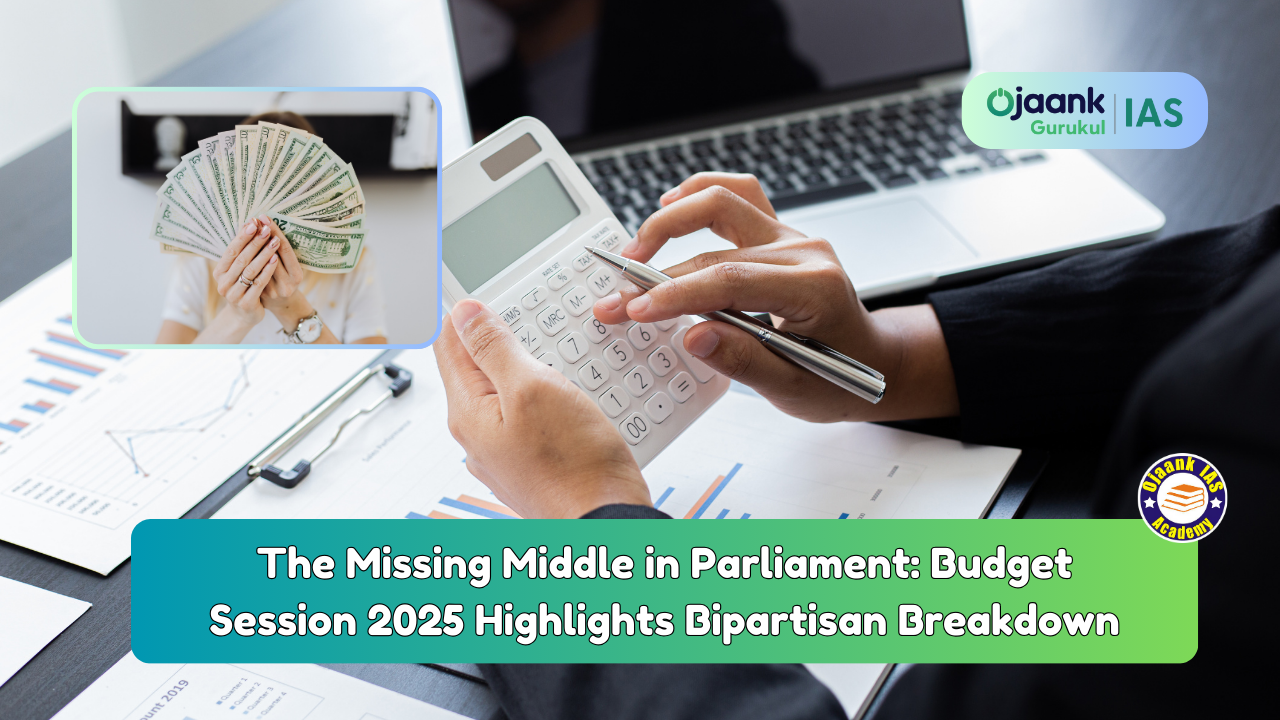Rethinking the Role of Governors: Is It Time to Abolish Governorships in India?
In a recent unsettling development, Governor R N Ravi's departure from the inaugural session of the Tamil Nadu Legislative Assembly not only deepened the crisis within the state but also ignited a debate on the obsolescence of governorships. This incident underscores a broader issue: the detrimental impact of gubernatorial actions on the fabric of federalism in India.
On a notable Monday, Governor R N Ravi chose to forsake the script penned by the Tamil Nadu government, opting for an abrupt exit reminiscent of the previous year's actions. He later articulated his disagreement with the government's prepared statements, thereby spotlighting the executive discord and catalyzing a constitutional quandary. This event is not isolated; Governor Ravi's history of stalling Bills approved by the Assembly and redirecting them to the President further fuels the argument against the governor's role in contemporary democratic governance.
The intrusion of governors into governance, particularly in states not governed by the BJP, has escalated. States such as Kerala, Telangana, Punjab, Delhi, and West Bengal have experienced this constitutional friction, hampering governance. Appeals to the Supreme Court for gubernatorial compliance with the constitutional framework have been made by many of these states. For instance, the 2022 legislative session in Telangana commenced sans the customary Governor’s Address, highlighting the gravity of this issue.
In Tamil Nadu, a precedent was set the previous year when the Chief Minister protested Governor Ravi's decision to deliver an unauthorized, condensed version of the Governor’s Address. This year, Governor Ravi replicated his departure, citing the Address’s "misleading claims and facts," which he deemed a constitutional misstep.
Additionally, a press statement from the governor’s office claimed an omission of the national anthem before the Address, sparking further controversy. However, the state’s Law Minister clarified that Governor Ravi had not raised any factual discrepancies beforehand. It is a recognized protocol in Tamil Nadu to commence official events with the Tamil anthem and conclude with the national anthem, a tradition upheld in the recent session. Governor Ravi’s objections, seemingly unaware of this protocol, insinuate a misinterpretation of the state government’s intentions, casting aspersions that lack foundation and misrepresent his constitutional role.
The Constitution mandates that the governor act solely on the cabinet's advice, leaving no room for discretionary action. Governor’s Addresses are traditionally introductory remarks for the legislative session, representing the state government's stance rather than policy declarations or executive decisions.
Historically, governors were envisioned as conduits between state governments and the Union, embodying statesmanship beyond partisan lines. However, recent occurrences have led to a reevaluation of their impact on Union-state dynamics, often undermining rather than fortifying the federal structure.
These developments have reignited discussions on the relevance and function of governors within India's constitutional framework. The Supreme Court's firm stance affirms that governors lack discretionary powers in governance, emphasizing their role as representatives of state governments. Instances of governors withholding legislative bills have been met with judicial rebuke, questioning the institutional necessity of governorships.
The minimal contribution of the governor's office to India's constitutional arrangement raises questions about its continued existence, which seems more a matter of tradition than a functional necessity in enhancing constitutional democracy. With chief ministers and cabinets effectively leading executive functions, the current constitutional crisis calls for a reevaluation of colonial remnants like governorships, suggesting their potential obsolescence in future legislative reforms.
Copyright 2022 power by Ojaank Ias





